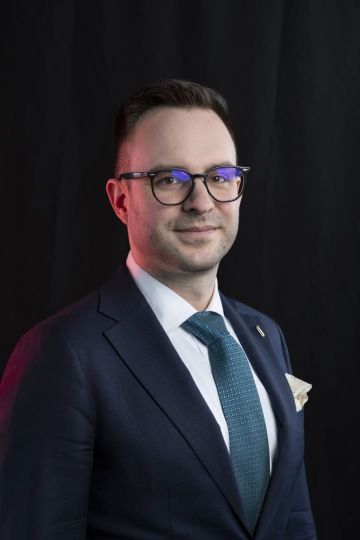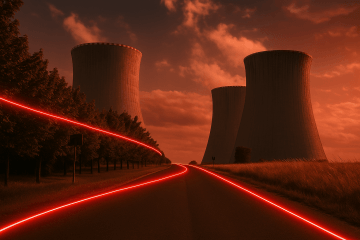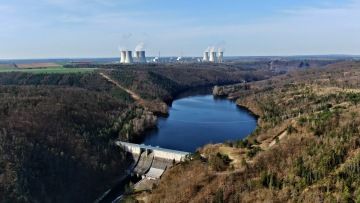Jan Fical
partner and attorney
Jan Fical has long applied his knowledge and skills to litigation, public procurement law, and criminal law, including the representation of clients in adhesion procedure.
He has acted in complex disputes involving sums in excess of a billion crowns, and under his guidance public contracts for key infrastructure projects, healthcare facilities, and cultural centres have been successfully completed.

“Finding solutions to a client’s challenges is a joy; choosing the right one is the art of legal practice.”
Jan Fical

A graduate of the Faculty of Law at Charles University, Jan Fical joined Portos in 2017 as a legal trainee. After passing the bar in 2021, he assumed leadership of one of the firm’s legal teams in April 2023 and has served as a non-equity partner since January 2025.
Given his specialisation, he provides strategic legal advice to clients in both the public and private spheres. Besides practising law, he occasionally lectures at specialist forums, sharing his expertise in public procurement and strategic capital projects.
Energy self-sufficiency for the Czech Republic
The Czech Republic’s current energy self-sufficiency is relatively fragile. With the planned phase-out of coal-fired power plants, which still account for a significant share of electricity production, this situation risks further weakening.


Jan Fical
topic lead
To meet its climate commitments under EU legislation while maintaining energy independence, the country must urgently advance legislation, investment, and infrastructure development. These steps will secure a stable energy supply and ensure long-term economic competitiveness.

Energy \ Brno-Dukovany hot water pipeline
First, permitting processes for the construction of nuclear and renewable sources clearly need to be simplified. Current bureaucratic hurdles delay approvals for nuclear facilities and wind or solar plants, stalling the development of new capacity. The Lex Dukovany amendment, which shortened procedures for nuclear projects, offers a model; I believe that comparable streamlining is also needed for renewables, as securing all public-law permits for a wind farm can take more than five years.
Secondly, financial support and a stable investment climate are essential. The government needs to ratchet up incentives (tax relief, guaranteed feed-in tariffs for renewable energy, and state guarantees for nuclear projects) if it is to attract private capital. In this respect, it must also avoid retroactive legislative changes, such as those of 2024 that affected certain photovoltaic systems. In the absence of an appealing environment, investment may flow abroad, increasing reliance on imported energy. The EU’s Net-Zero Industry Act backs strategic technologies, including nuclear power, and the Czech Republic should make full use of this opportunity.
Thirdly, the energy mix should be developed and stabilised. Given the local natural conditions, nuclear power is pivotal to energy self-sufficiency: accelerating Dukovany II and preparing further units therefore appears to be crucial. To ensure the stability of electricity supply as coal is phased out, however, the development of renewable energy sources must also proceed apace. Naturally, this means upgrading the grid and investing in storage technologies to balance intermittency. Progress on storage should be driven by Lex OZE III. After an almost four-year delay in implementation, the EU directive will at last take effect this year.
Accordingly, the State Energy Concept and the National Energy and Climate Plan should set more ambitious targets and clear timetables for securing adequate generating capacity. Energy self-sufficiency is far from assured, and without swift change, the Czech Republic risks a level of import dependence unseen since the 1950s.
